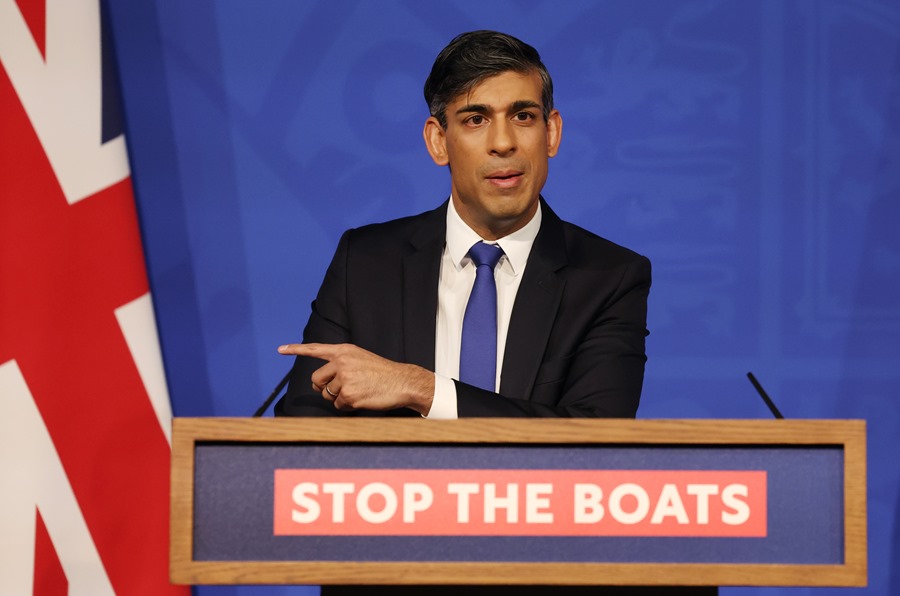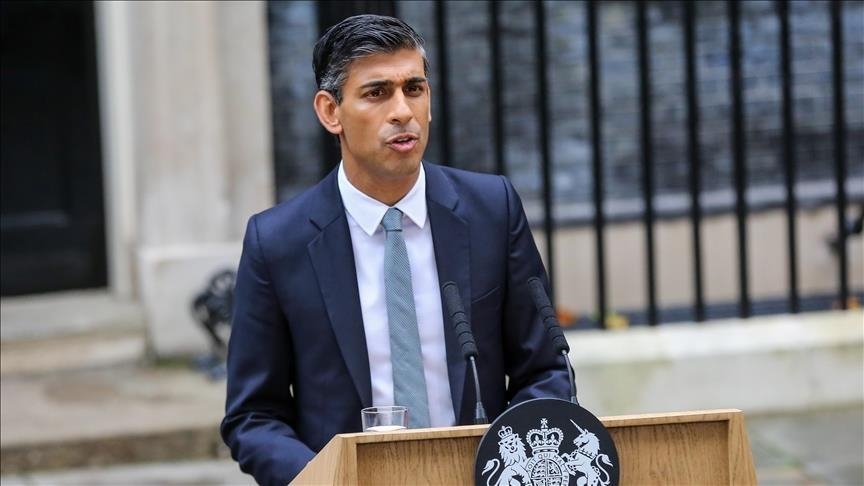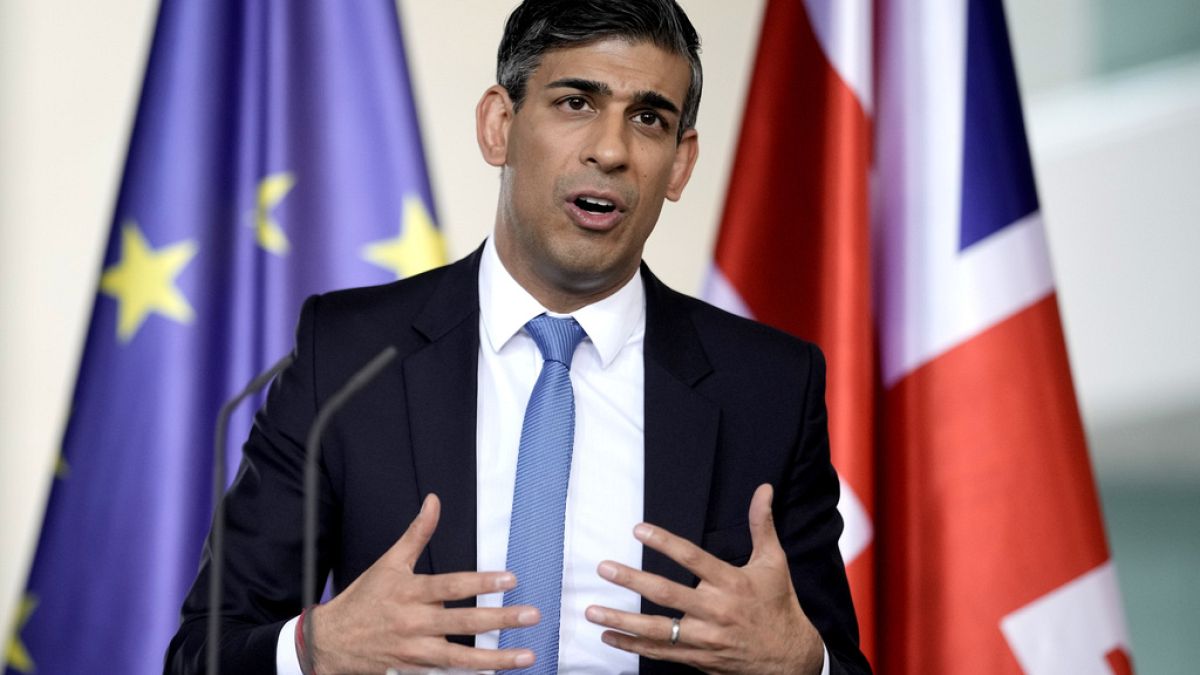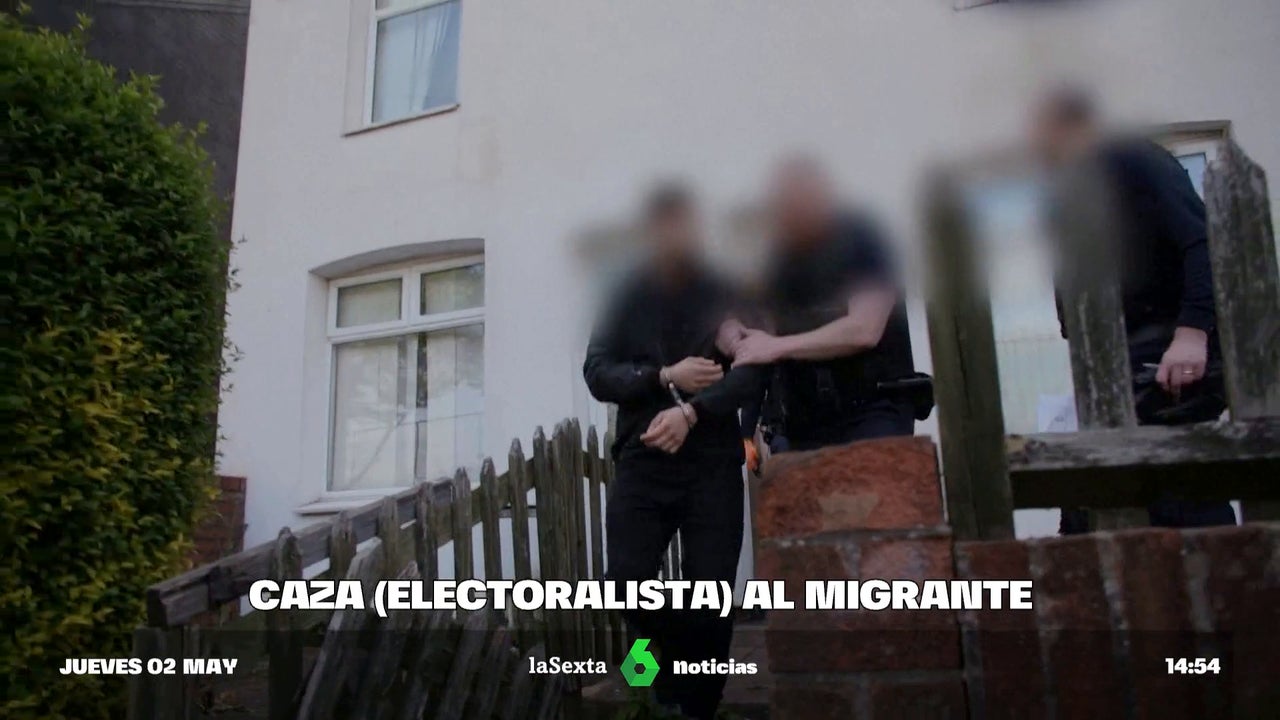London (EFE).- The British government accused the Russian intelligence agency (FSB) this Thursday of trying to “interfere” in British politics and democratic processes through cyber espionage operations.
In its statement, the Foreign Office blamed the KGB’s successor agency for several leaks of classified information since 2015 with the aim of disrupting Britain’s political stability.
The Foreign Office has summoned Russia’s ambassador to London, Andrei Kevin, to express “deep concern” about Russia’s “repeated attempts” to conduct cyber interference in the politics of the UK and other countries.
London believes that the FSB unit, Center 18, is responsible for the cyber espionage operation, carried out by the Star Blizzard group, which for British intelligence falls under the unit.
Announced sanctions against several Russian citizens
Therefore, it has announced sanctions against two Russian citizens for their involvement in Star Blizzard (also known as Callisto Group, Colddriver or Seaborgium): FSB agent Ruslan Aleksandrovich Peretyatko and group member Andrey Stanislovich Korinets.
According to the British Government, the FSB directs its activities against British politicians, officials, journalists and NGOs.
“While some attacks resulted in the leak of documents, attempts to interfere in British politics and democracy were unsuccessful,” Foreign Affairs noted.
The British government has linked the FSB to cyber attacks on politicians across the parliamentary spectrum since 2015 and to the hacking of trade documents between Britain and the United States that were leaked before the 2019 general election.
He also alleged he was involved in the hacking of the think tank Institute for Statecraft and its founder, Christopher Donnelly, which fights disinformation, as well as other NGOs and journalists.
The aim has always been “to filter and amplify information in line with Russia’s confrontational aims, including undermining trust in politics in the UK and other similar countries.”
European Foreign Minister Leo Docherty said today in Parliament that Russia “compromised” the private conversations of high-level politicians with its operatives, but its attempts to interfere were unsuccessful.
Security Guidelines
The UK, along with the US, Australia, New Zealand and Canada, will today publish security guidance to strengthen protections against Russian cyber espionage, especially for individuals most at risk.
“By sanctioning those responsible and recalling the Russian ambassador today, we are exposing their sinister attempts at influence and providing another example of how Russia chooses to operate on the global stage,” said Foreign Secretary David Cameron.
The head of the Ministry of Foreign Affairs classified the attempted interference as “completely unacceptable” and considered that “these actions seek to threaten our democratic processes.

“Web specialist. Incurable twitteraholic. Explorer. Organizer. Internet nerd. Avid student.”





